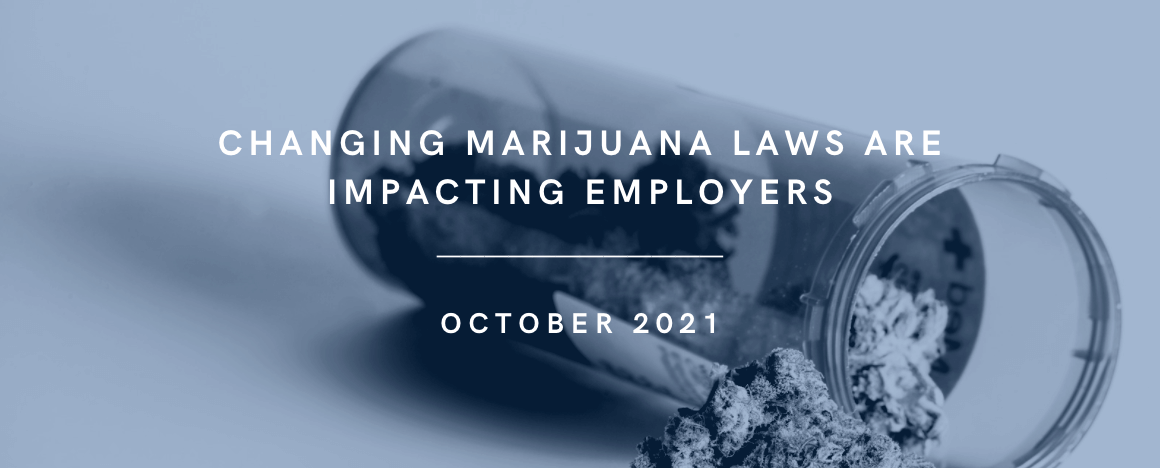Marijuana continues to be illegal under federal law, as it is considered a Schedule I Drug ‒ the most stringently banned category of drugs ‒ under the Controlled Substances Act of 1970. However, 18 states plus the District of Columbia have thus far legalized marijuana for recreational use, while a total of 36 states have legalized it for medical purposes.
It is not surprising that the federal government does not actively pursue criminal convictions for marijuana use, which is also known as cannabis. According to a research study from April 2021 by a highly respected market research company, 91% of U.S. adults agreed, either that marijuana should be legal for medical and recreational use (60%), or that marijuana should at least be legal but only for medical use (31%).
This research study also showed that support for legal marijuana is skewed towards younger generations, as less than one-third of adults ages 75 and above support full legalization, contrasted with 70% of adults under the age of 30 who support legalized recreational and medical uses of marijuana. As the population continues to age, and is replaced with future generations, this trend of support will likely continue to increase, as will the number of states that enact marijuana legalization.
Even though recreational use of cannabis has expanded, employers still have the authority to prohibit the use, possession, or consumption of marijuana in the workplace, as well as to preclude employees from being impaired while at work. This is consistent with practices that have been applied to alcohol consumption for years. However, when employees have medical marijuana needs, workplace policies should be carefully crafted with the advice of your human resources legal counsel, as some courts have upheld the rights of the employees who have legal medically approved cannabis use.
Pre-employment drug screening for marijuana will likely continue to become more restrictive. Since May 10, 2020, New York City has banned most employers from testing for marijuana. The City of Philadelphia passed a similar law that will take effect as of January 1, 2022. With the plethora of cities that exist across this country, it is best to be aware of your local laws, and again consult with your human resources legal counsel when drafting your company’s drug screening, background check and employment policies.
Posted by: Rudy Troisi, L.P.I., President and CEO, Reliable Background Screening
Copyright ©️️ 2021, Reliable Background Screening, a Division of Marcett, Inc. All rights reserved.


